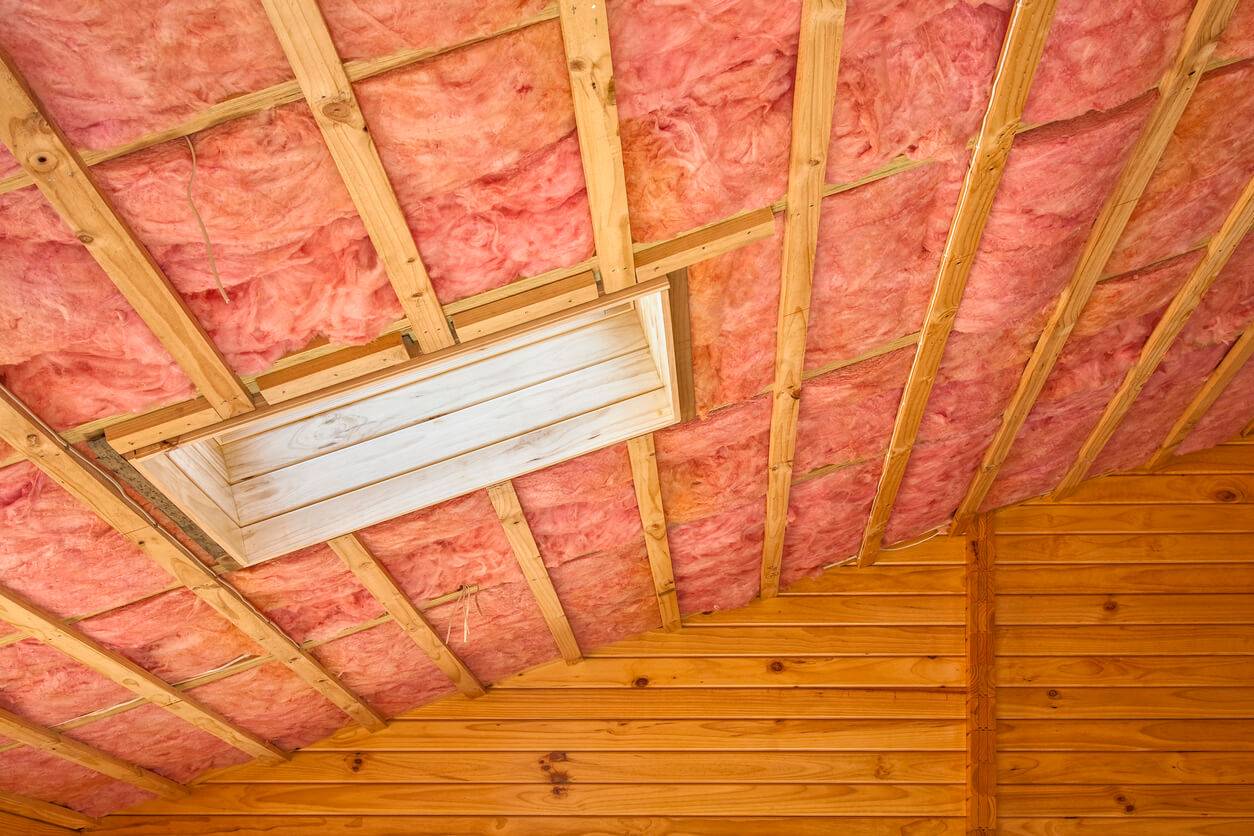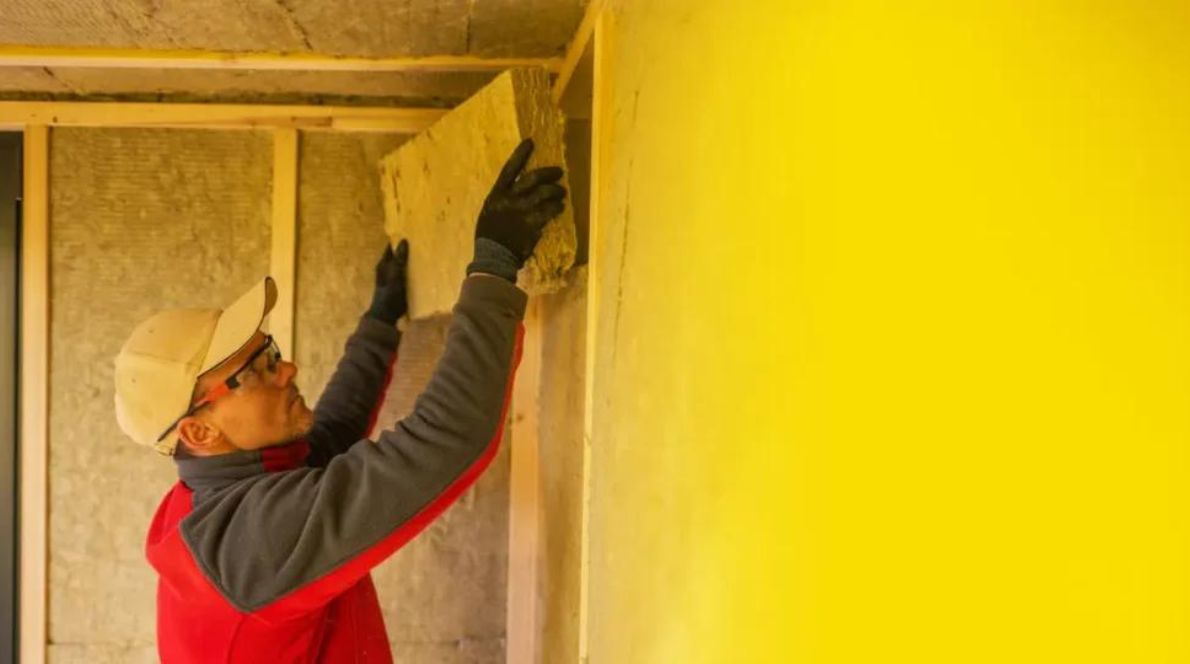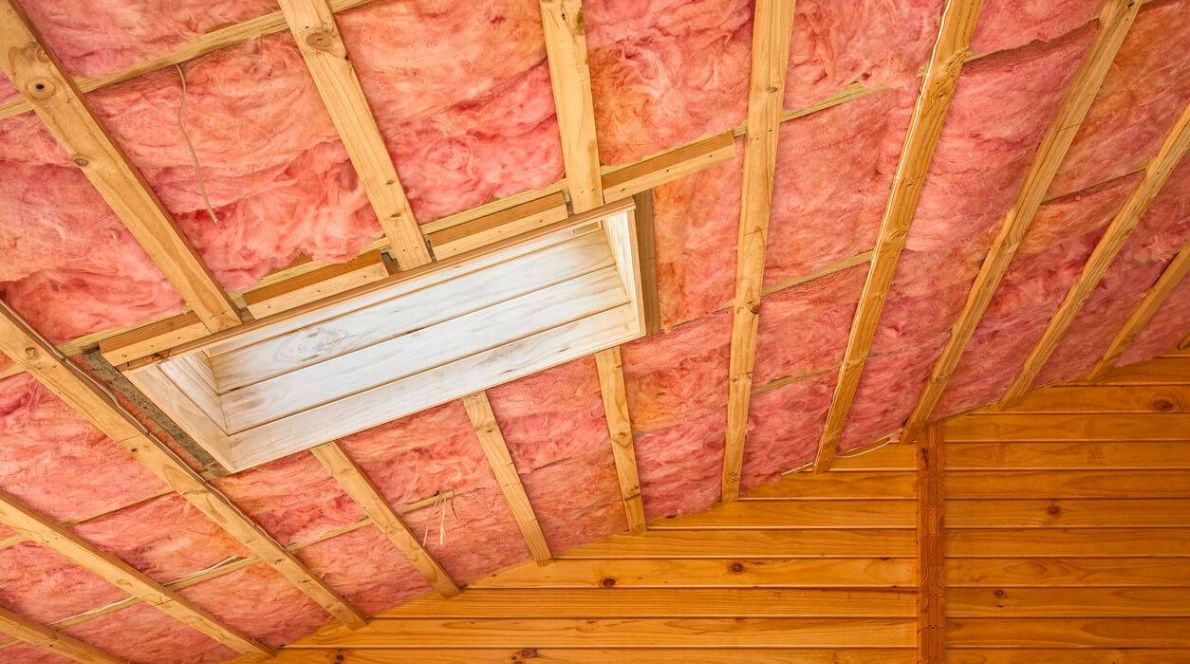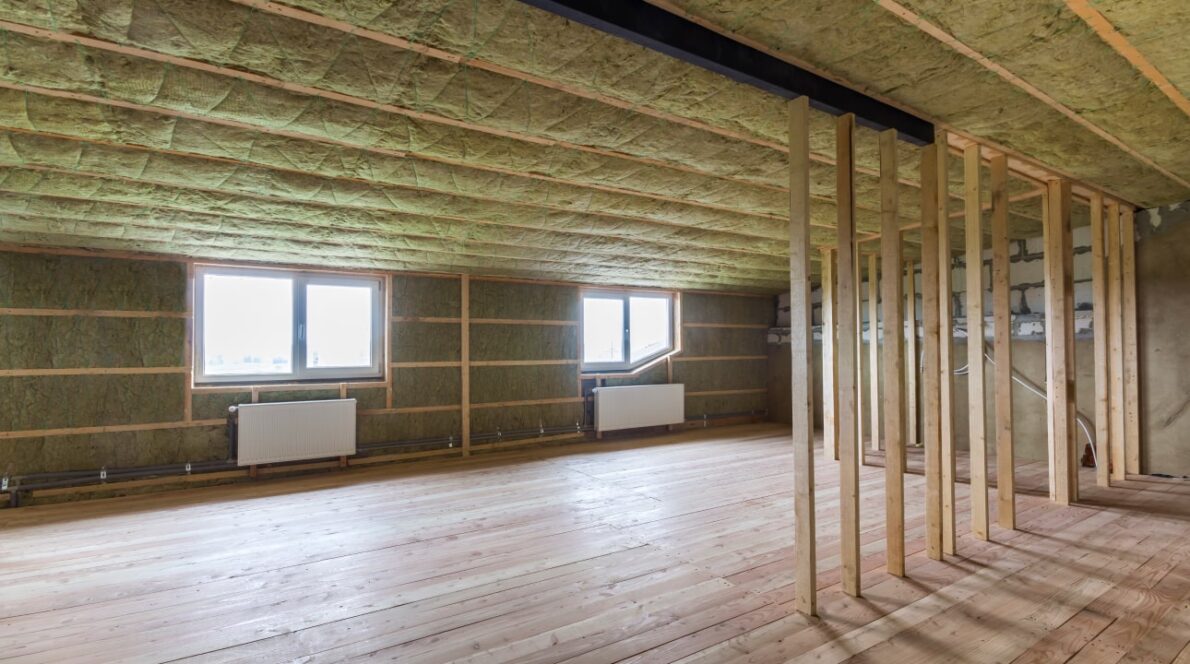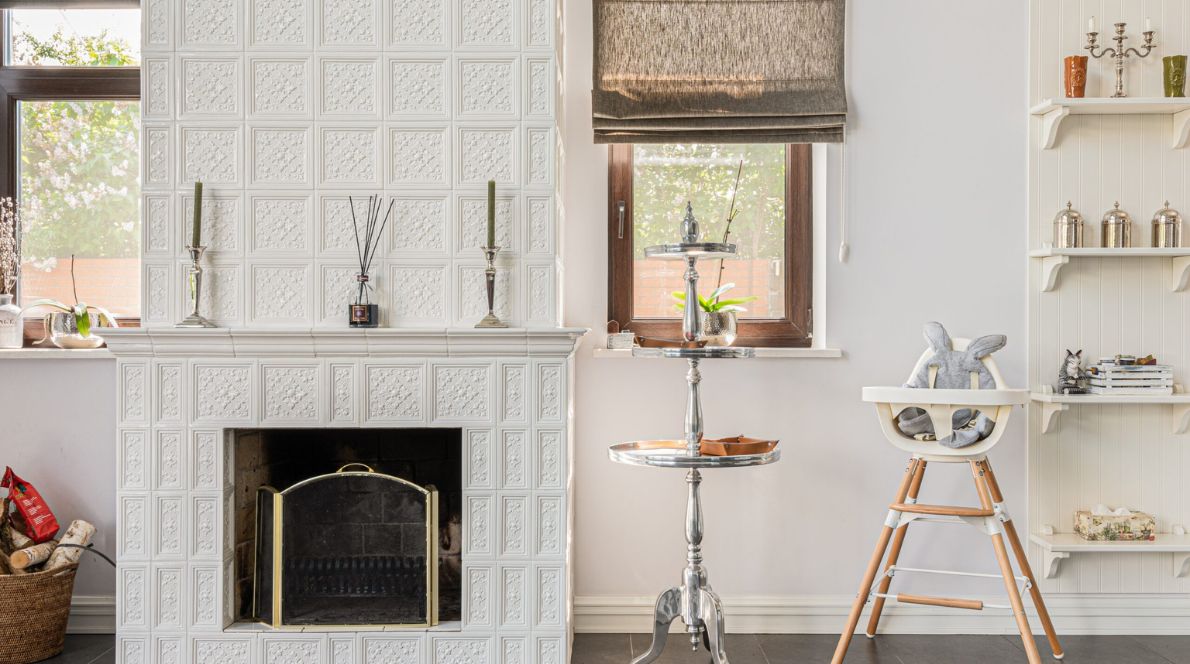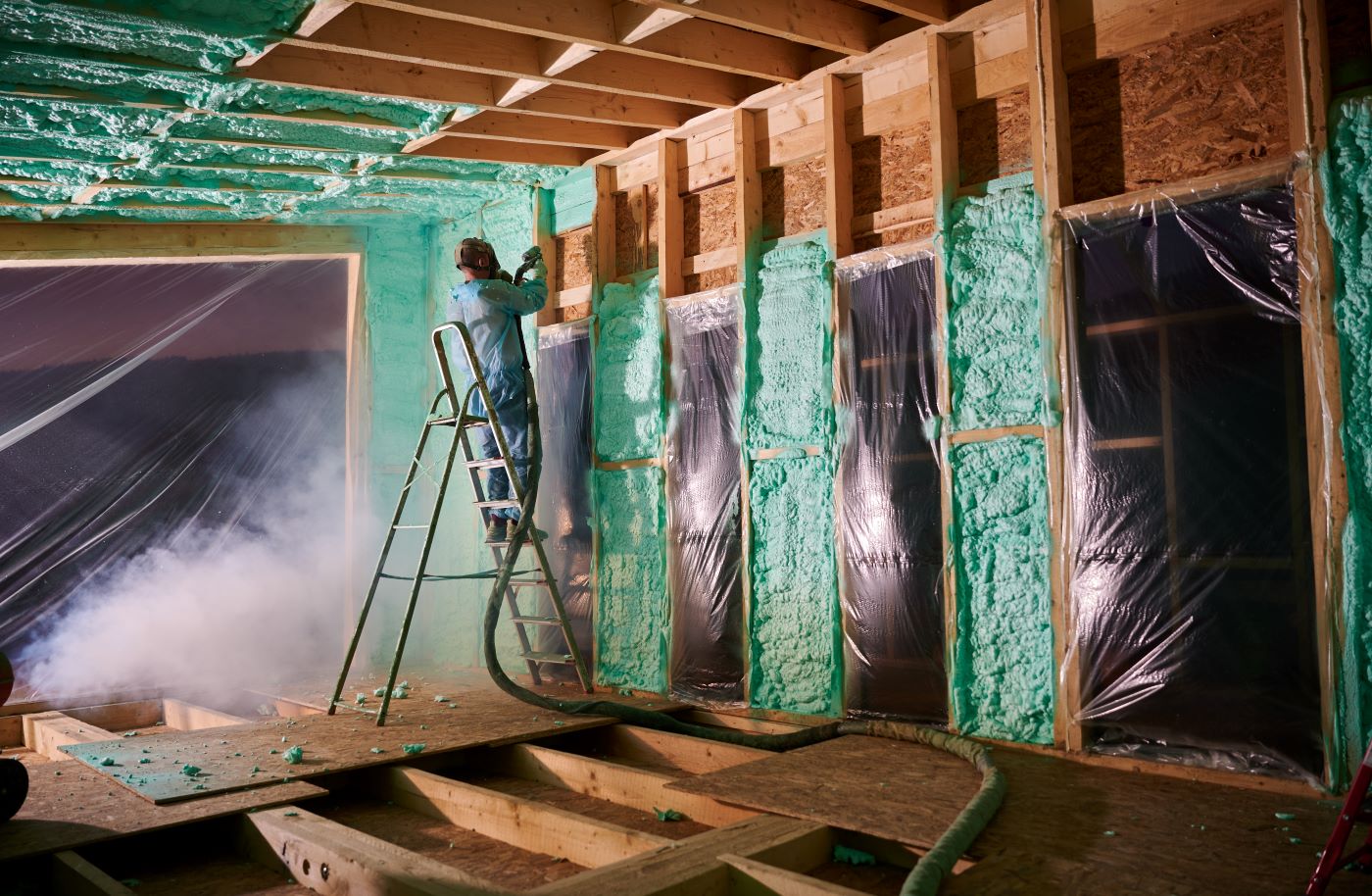Think of ceiling insulation as like putting a blanket over your home – a blanket you can’t see but which does its job exceptionally well. Not only will ceiling insulation keep the house warmer, but it will also make it drier and healthier.
Warm air rises, so if there is no protective barrier keeping it inside your property, a significant amount of the heat generated in your home will escape through the roof. Ceiling insulation is a cost-effective solution to
We’ll tailor a ceiling insulation solution to your requirements, including ensuring your property meets the standards set out in Healthy Homes regulations. We use products from leading brands, and the installation is completed by our experienced team.
What is Ceiling Insulation?
Ceiling insulation is a layer of material installed in the ceiling cavity of a building to reduce heat loss or gain. It acts as a barrier, trapping air within its structure to slow down the transfer of heat between the interior and exterior of the building. This helps to keep homes warmer in winter and cooler in summer, leading to significant energy savings and improved comfort.
Common materials used for ceiling insulation include fiberglass, wool, and polyester, each with varying degrees of effectiveness and environmental impact. Properly installed ceiling insulation can also reduce noise from outside and between rooms, enhancing the overall living environment.
What is the required R-rating of ceiling insulation?
In New Zealand, ceiling insulation standards for residential buildings are defined by the Building Code and the Healthy Homes Standards. As of May 2023, the minimum R-value for ceiling insulation has been increased to R6.6 to improve energy efficiency and thermal support. For rental properties, the insulation must be in good condition and at least 120mm thick if installed before 1 July 2016. Compliance with these standards is mandatory to ensure homes are warmer, drier, and healthier.


